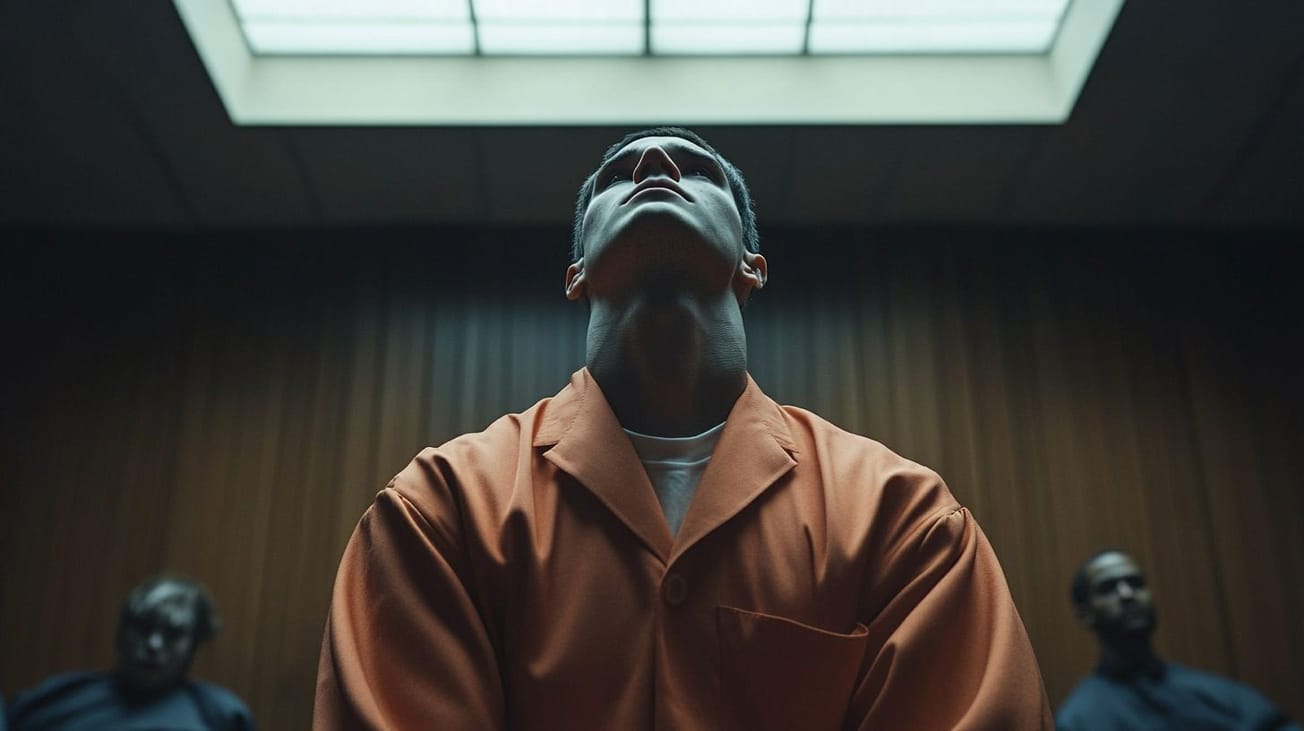Senate Republican leader Mitch McConnell returned to work at the U.S. Capitol on Monday, almost six weeks after suffering a fall at a Washington-area hotel that resulted in extended treatment for a concussion. Despite the injury, McConnell is expected to have a full schedule in the Senate this week. He expressed gratitude for his colleagues' warm wishes during his absence and joked, "Suffice to say this isn't the first time being hardheaded served me very well."
McConnell's return will likely be met with some tension as Democrats continue their push for voting rights legislation and infrastructure spending bills that Republicans vehemently oppose. In addition to these issues, there is also speculation about whether McConnell will help Democrats replace Senator Dianne Feinstein as ranking member of the Judiciary Committee due to her perceived lack of effectiveness. Senators Tom Cotton of Arkansas and Marsha Blackburn of Tennessee have already stated their opposition.
Despite these challenges, McConnell's experience as Senate Republican leader may give him an advantage in navigating these difficult waters. He has been praised by supporters for his ability to steer legislation through Congress even when facing significant opposition from Democrats or other Republicans who disagree with him on certain issues.
McConnell's medical history adds further context to his return: he had polio as a child and has acknowledged difficulty climbing stairs as an adult. Nevertheless, he has remained active in politics throughout his career and continues to draw praise from allies who see him as one of the most effective leaders in Congress.
As Majority Leader Chuck Schumer plans to speak with McConnell about pressing issues facing Congress today -- including voting rights legislation -- it remains unclear how much common ground they will find given their opposing viewpoints on many critical topics.
Despite this uncertainty, both sides are likely eager for progress after months-long stalemates over key policy initiatives such as infrastructure spending bills and immigration reform proposals stalled out earlier this year under former President Donald Trump's administration.
In light of all these challenges facing lawmakers today amid rising political tensions, McConnell's return to the Senate marks a key moment in the ongoing struggle for control of America's legislative branch. Whether he can maintain his position as Republican leader in such an intense political climate remains to be seen, but one thing is certain: his hard-headedness will be put to the test in the coming weeks and months.
Senate Republican leader Mitch McConnell returns to work after head injury
Senate Republican leader Mitch McConnell returned to work at the U.S. Capitol on Monday, almost six weeks after suffering a fall at a Washington-area hotel that resulted in extended treatment for a concussion. Despite the injury, McConnell is expected to have a full schedule in the Senate this week.





